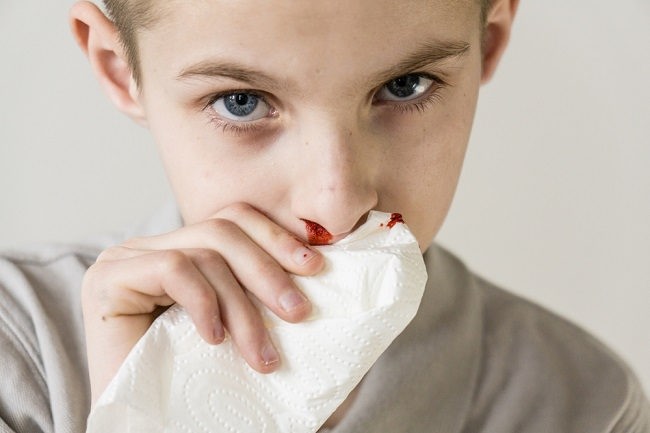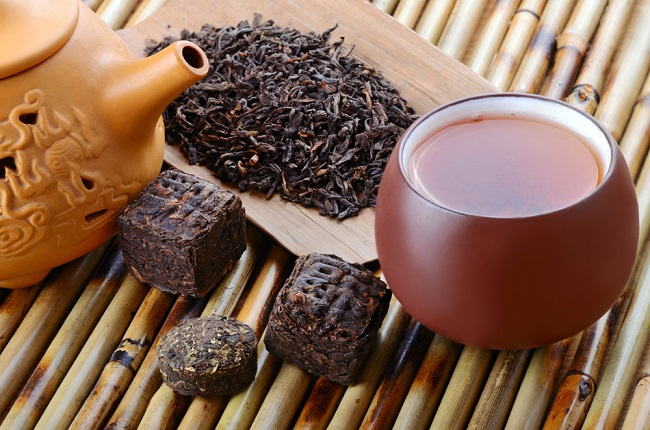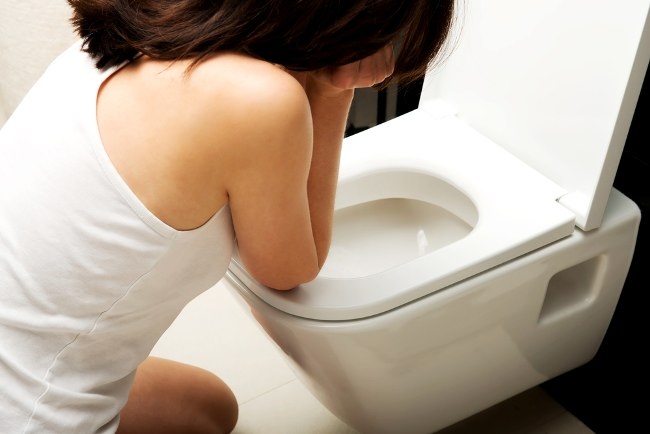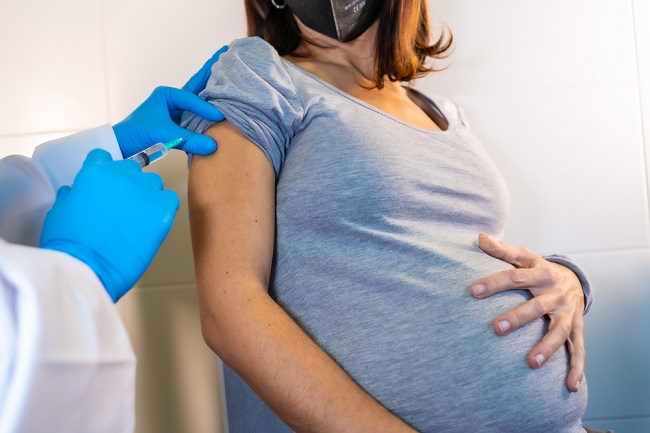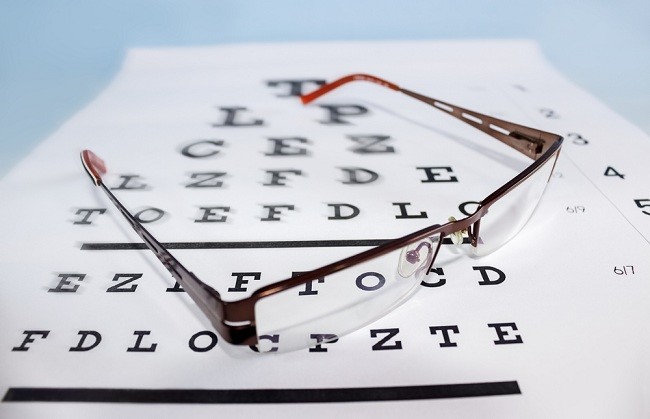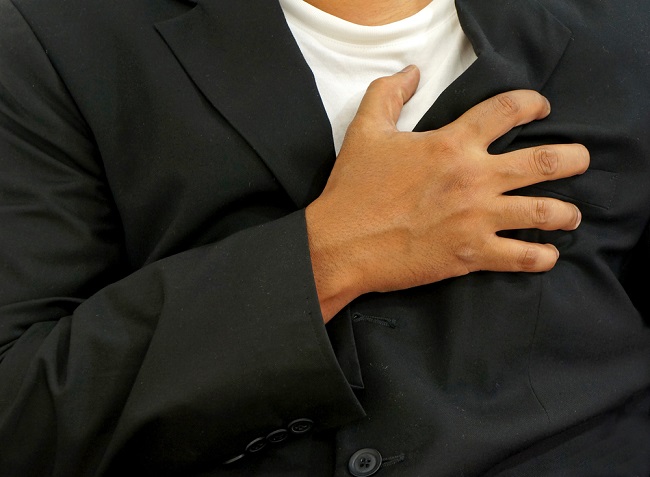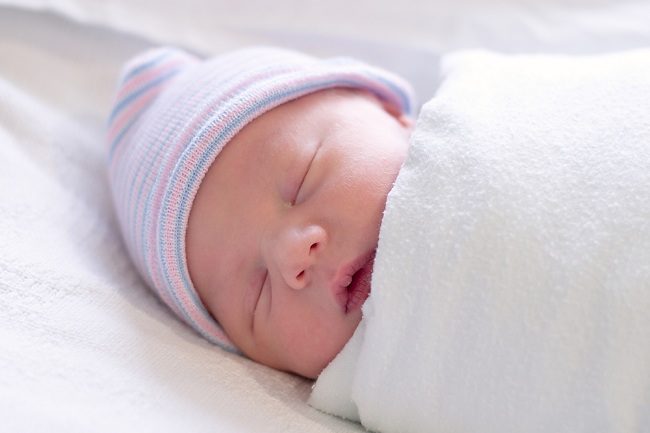Itchy nipples are a common condition and often cause discomfort. Fortunately, these complaints are usually not caused by anything dangerous and can be solved in a few simple and easy ways.
Itchy nipples can be experienced by anyone. However, this complaint is more common in pregnant and lactating women. Some people can feel complaints of itchy nipples that are mild and subside on their own.

Even though it looks mild, itchy nipples can sometimes be felt quite heavy, making the sufferer want to always scratch it. This can cause sore and sore nipples.
Some Possible Causes of Itchy Nipples
Before determining the right treatment, you should first know the cause of itchy nipples. The following are some of the things that can cause itchy nipples:
Sensitive skin
People who have sensitive skin tend to have dry and irritated skin. In certain cases, owners of sensitive skin can even experience dermatitis, especially when the skin is exposed to certain substances or objects, such as detergents, perfumes, or soaps.
This condition can make the skin become dry, appear a rash or redness, and crack with itching and bumps. Dermatitis can appear on the skin of any part of the body, including the nipples and surrounding areas.
Sores or blisters on the nipples
Nipples can experience blisters or sores if they often rub against clothes or bras that are too tight. Sometimes, rubbing the nipple with the bra wire can also make the nipple blister or hurt. This condition can cause complaints of itchy nipples.
Hormonal changes
A woman's body will experience hormonal changes when entering puberty, during pregnancy and breastfeeding, and menopause. This condition can also trigger itchy nipples for days or weeks, but usually without a rash.
mastitis
Mastitis or inflammation of the breast tissue can cause nipples and breasts to itch. This condition is often experienced by mothers who are new to breastfeeding and sometimes appear with an infection in the breast. In addition to itching, mastitis can also cause swelling, redness, and pain when breastfeeding.
Paget's disease
Although relatively rare, itchy nipples can also be caused by Paget's disease. This disease is a rare type of cancer and one of the symptoms can be itchy nipples and breasts.
Initial symptoms of this disease can be similar to dermatitis or sensitive skin on the nipples, but complaints of itching can last for weeks. Apart from making the nipples itchy, Paget's disease can also cause several other complaints, namely discharge from the nipples and lumps in the breasts.
In addition to the medical conditions mentioned above, itchy nipples can also be experienced when exposed to hot weather and wearing thick or tight clothing. This condition makes the body easy to sweat and moist so that the skin feels itchy, including the nipples.
How to Overcome Itchy Nipples
Treatment for itchy nipples varies, depending on the cause. However, in general, there are several ways that can be done to overcome complaints of itchy nipples, namely:
1. Avoid exposure to irritating substances
If you have sensitive skin, try to avoid using harsh chemical soaps or detergents, such as soaps that contain perfumes or antibacterial ingredients.
Instead, choose a body wash or laundry soap that contains mild chemicals and is labeled hypoallergenic.
2. Using a suitable bra
Nipples experience direct friction with the bra. Therefore, if you experience itchy nipples due to frequent use of tight-fitting or polyester bras, try replacing them with cotton or non-wired bras.
These bras tend to be softer and cause less friction in the nipples, so they can deal with nipple itching.
3. Using an anti-itch powder
If your itchy nipples are bothersome, try using an itchy powder on your nipples to relieve it. Some of the choices of anti-itch powder are powders that contain menthol, salicylic acid, or calamine.
4. Give a cold compress
When your nipples feel itchy and a lump appears, you can apply a cold compress to the nipple to relieve the complaint.
It's easy, you just need to wrap the ice in a cloth, then compress it on the itchy breast for a few minutes. Do this method 2 or 3 times a day.
5. Applying moisturizer
Nipple itching can occur when the nipple rubs against the bra or blisters due to frequent feeding of the baby. To reduce itching and help heal blisters and sores on the nipples, you can apply a special moisturizer to your breasts or petroleum jelly.
However, petroleum jelly should not be used by nursing mothers because it can cause blockage of the Montgomery glands.
6. Using drugs
In severe cases, nipple complaints need to be treated with drugs from a doctor. To overcome complaints of itching and swelling of the nipples due to mastitis and dermatitis, doctors can prescribe corticosteroid ointments.
If itchy nipples occur due to infection in the breast or infected blisters, the doctor can prescribe antibiotics in the form of ointments or oral medications. Meanwhile, to treat severe itching in the nipples, doctors can also prescribe antihistamines.
If itchy nipples are caused by Paget's disease, your doctor may treat the condition with surgery and other treatment methods, such as chemotherapy.
So that the itchy nipples you experience do not get worse, try not to scratch the nipple area too hard. To prevent itchy nipples from recurring, wear clothing that absorbs sweat, such as cotton, and avoid skin care products that contain harsh chemicals.
For breastfeeding mothers, make sure the attachment position is correct so that breast emptying can be optimal. Try to feed the baby on one breast until it is empty before moving to the other breast to avoid mastitis.
If itchy nipples don't improve after a few days or if they get worse, don't hesitate to see a doctor. This is important so that the doctor can determine the cause of your itchy nipples and determine an effective treatment.
